Exosens is a market-leading provider of electro-optic solutions used in the detection and amplification of ions, electrons, and photons. These detectors and components have been designed for a wide range of scientific instruments used in space and research projects but also in cells and material analysis in lifescience or non destructive testing. Whether the need for a detector with superior sensitivity, a wider range of spatial or temporal resolution, or the ability to detect both positive and negative ions, Exosens is able to provide a customized offer.
Photonis part of Exosens offers a wide range of patented ion transport solutions that can increase ion throughput up to 1000X when compared to traditional solutions. Discover below the different detectors and components for ion and electron detection.
Learn more about ion detector
Need some answers? Ask our experts!
Contact us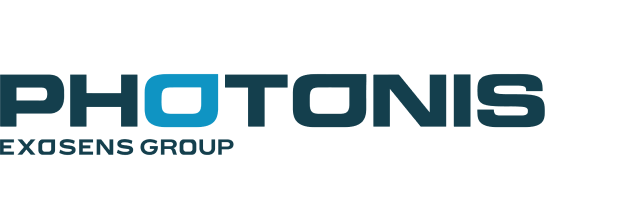
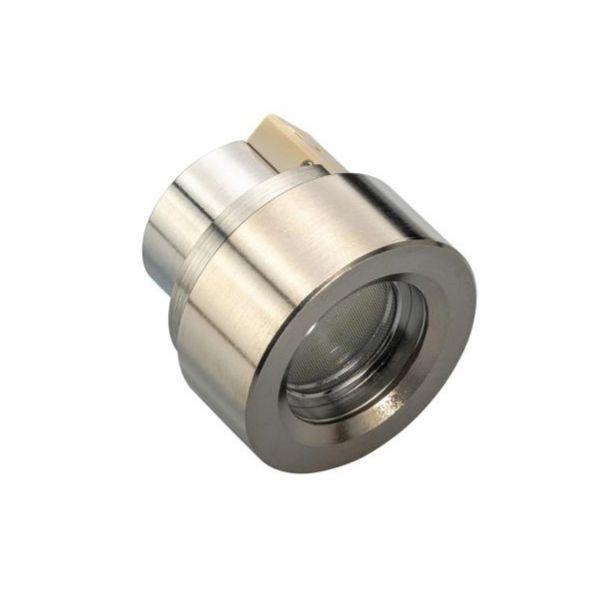


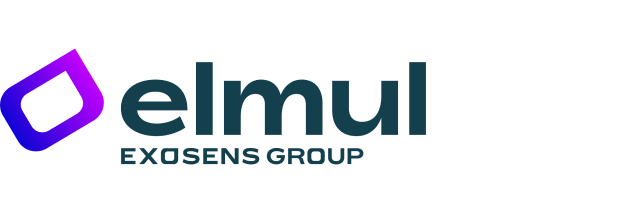
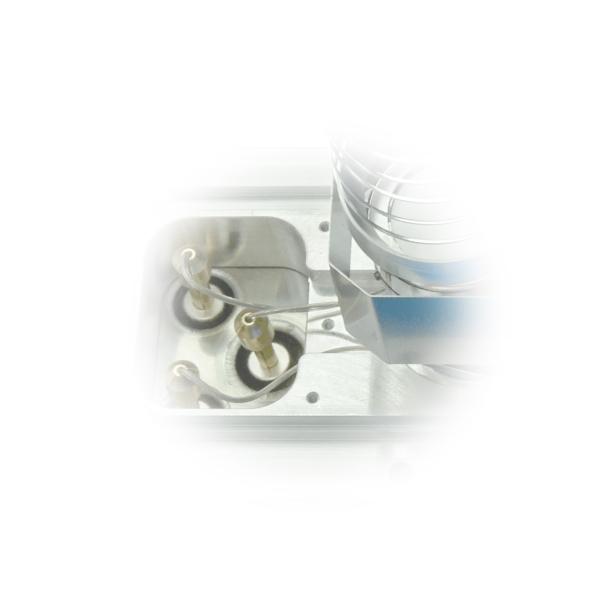


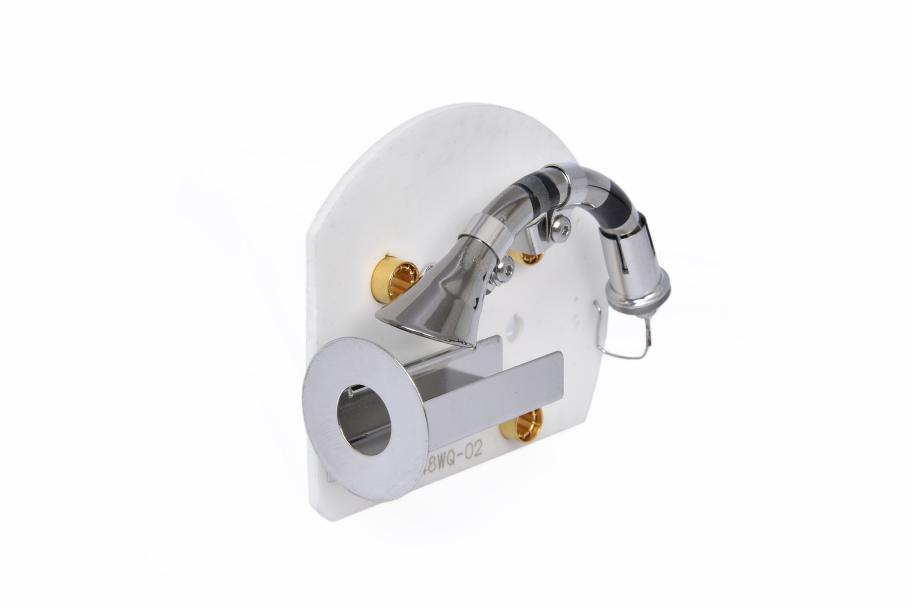

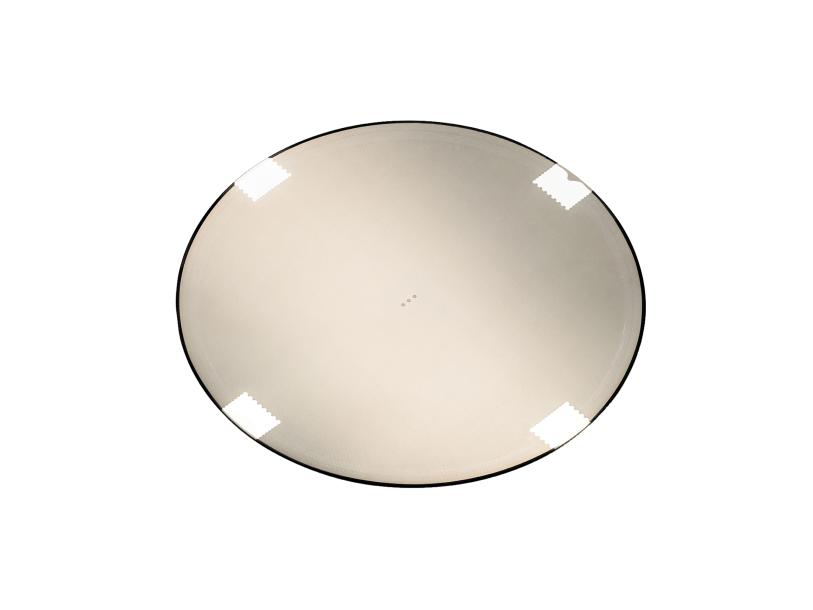

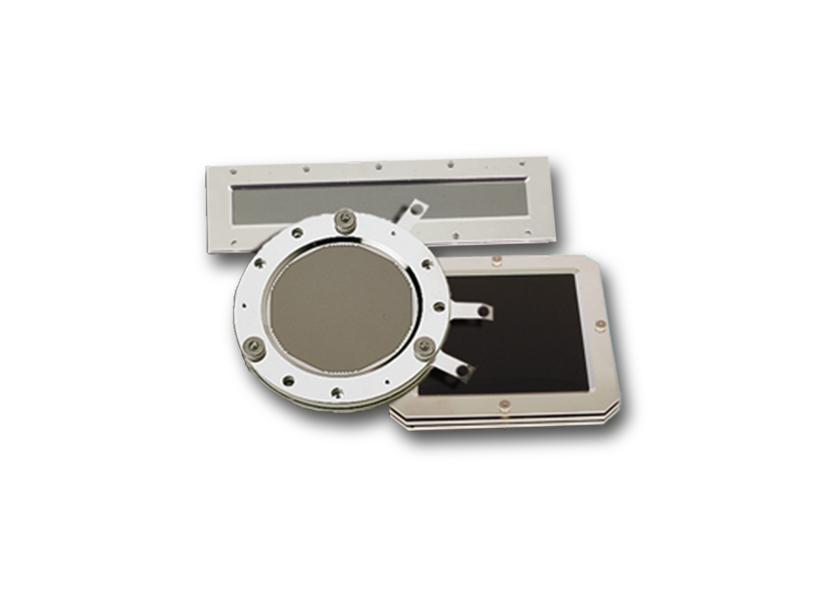
Learn more about ion detector
Exosens, a prominent provider of electro-optic solutions, specializes in ion and electron detection technologies catering to diverse scientific endeavors ranging from space exploration to life sciences, and material analysis. At the core of Exosens's offerings lie detectors and optic components meticulously crafted to meet the demands of modern research and industry.
One of the mainstay technologies in Exosens's repertoire is Time-of-Flight (TOF) detection, a principle widely employed in Mass Spectrometry (MS) techniques. TOF-MS instruments, such as those incorporating Photonis detection technology, excel in measuring the time taken by ions to traverse a fixed distance under the influence of an electric field. This principle enables the precise determination of ions' mass-to-charge ratios, crucial for unraveling complex molecular compositions in fields such as chemistry, biology, and environmental science.
Photonis, a key subsidiary of Exosens, offers cutting-edge TOF detection platforms renowned for its stability and reproducibility. These platforms, like the BPTOF (Bipolar Time of Flight), utilize innovative configurations involving Microchannel Plates (MCPs) or micro channel plate (mcp) and Photomultiplier Tubes (PMTs) to amplify ion signals with unparalleled sensitivity. Similarly, the MTOF (Magnetic Time-of-Flight) concept presents an alternative approach, capitalizing on efficient ion-to-photon conversion mechanisms to deliver robust detection performance.
Moreover, Exosens's portfolio extends to Quadrupole Detector Technology, essential for precise ion separation and analysis in Mass Spectrometry applications. Quadrupole Mass Spectrometers, equipped with continuous dynode electron multipliers such as Photonis’s Channeltron® (Channel Electron Mulitplier) lineup or alternative detection platforms like Scintitron™, ensure high-resolution data acquisition, thus empowering researchers across various scientific domains.
Apart from Mass Spectrometry applications, Exosens addresses the rapidly expanding field of electron microscopy and e-beam systems. Through innovative electron detection platforms employing scintillator-based or solid-state technologies, Exosens enables high-fidelity imaging and analysis of surface structures and material compositions.
The diverse array of detection devices offered by Exosens underscores its commitment to advancing scientific endeavors through state-of-the-art instrumentation. Whether in the measurement of particles' trajectories or the amplification of minute signals, Exosens ensures that its solutions meet the highest standards of performance and reliability, thereby enriching the pursuit of knowledge across scientific disciplines.
Exosens's commitment to innovation extends to enhancing signal gain in its detection devices, ensuring optimal sensitivity even in challenging experimental conditions.
In the realm of gas analysis, Exosens's detectors excel in precisely measuring the composition and concentration of gases, enabling insightful insights into diverse environments.
Through sophisticated conversion mechanisms, Exosens's technology converts subtle variations in energy levels into discernible signals, facilitating accurate data interpretation.
Exosens enhances its detection capabilities by crafting a distinct glass blend in-house, utilizing high-purity raw materials to ensure top-notch performance and durability. The incorporation of state-of-the-art glass in Exosens detectors guarantees not only strong performance but also longevity, even in challenging research settings. To meet the requirements of large research facilities and institutions, Exosens offers scalable detection solutions capable of handling high volumes of data with precision and efficiency.
At the heart of Exosens's offerings lies a commitment to streamlining the detection process, empowering researchers to focus on its PM.
Whether it's a single ion or a complex molecular species, Exosens's detectors are adept at capturing and analyzing signals with unparalleled precision.
The precise control of voltage levels in Exosens's detection systems ensures optimal performance and signal fidelity, crucial for meaningful scientific insights.
In Exosens's state-of-the-art detection systems, various types of particles can be accurately detected, with ions being the main focus, thanks to advanced principles applied in the design and engineering of these cutting-edge technologies.
To learn more about ions and electrons, you can find additional content in our resource center to download our current papers in our resource center.
To explore further, here are some additional resources below to learn more about ion detector and our cutting-edge technologies:
- Discover our solution in single photon detection
- Discover our image intensifiers for scientific applications
- Exploring ions & electrons detection technology
- Discover our x-ray components
- Exploring x-ray technology
- Discovers our short wave infrared cameras
- Read more about Photonis and El-Mul
Ion Detection
What's new in Ions & Electrons?
See all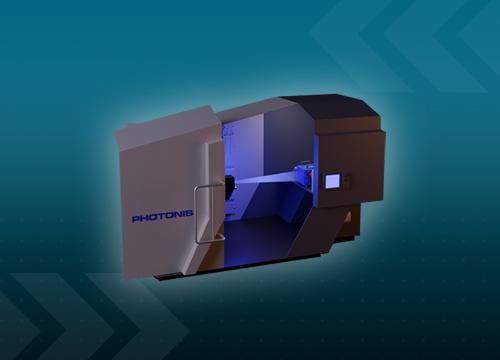
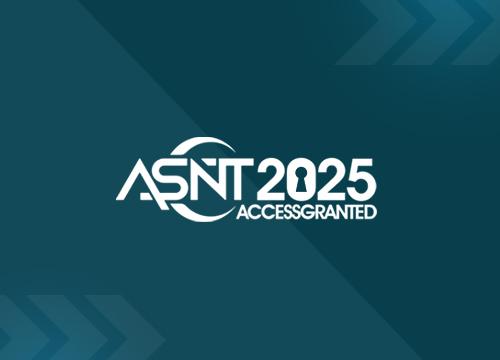
Coronado Springs Resort and Convention Center .
FROM Oct 06th 2025 TO Oct 09th 2025
ASNT exhibition 2025
Join Exosens at ASNT 2025 Annual Conference - Coronado Springs Resort and Convention Center – Orlando, FL Booth: #1128

Baltimore Convention Center.
FROM Jun 01st 2025 TO Jun 05th 2025
ASMS 2025
Visit Photonis at ASMS 2025 - Booth: #322 - Baltimore, MD Explore Next-Generation Detection Technologies with Photonis

